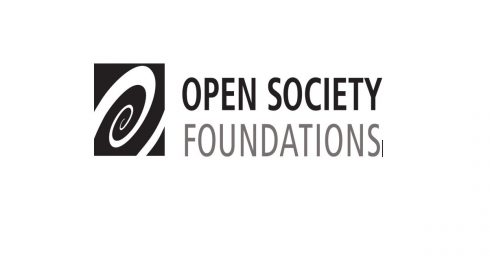
Photo: Unsplash
Contributor: Global Witness
Forests are a public good, from a social, economic and ecological perspective. In many  countries they are also publicly owned, and popularly viewed as the patrimony of a nation state and not simply the property of the government of the day. At the same time, the forest sector is particularly prone to bad governance, as a narrow group of interests dominate policy processes. Forest-rich countries are consequently deprived of valuable revenues from taxation, fees, and carbon-based payments for avoided deforestation – the World Bank estimated global revenues lost due to illegal logging at over $12 billion annually in 2002.
countries they are also publicly owned, and popularly viewed as the patrimony of a nation state and not simply the property of the government of the day. At the same time, the forest sector is particularly prone to bad governance, as a narrow group of interests dominate policy processes. Forest-rich countries are consequently deprived of valuable revenues from taxation, fees, and carbon-based payments for avoided deforestation – the World Bank estimated global revenues lost due to illegal logging at over $12 billion annually in 2002.
However the negative consequences are more fundamental: forest use is agreed behind closed doors and without the knowledge or consent of locals. Consultation processes, where they do exist, tend to be between unequal partners – one informed, the other uninformed and with little capacity to negotiate. Resulting management of public forests fails to deliver public needs or pro-poor development goals, but rather facilitates unsustainable forest use and trade in illegal timber. Problems of law enforcement and revenue redistribution are systemic, not the work of ‘rogue elements’. Unless civil society is able to put real pressure on governments to address these weaknesses, positive change is unlikely. There is widespread recognition – not least by the inclusion of a mechanism for Reducing Emissions from Deforestation and forest Degradation (REDD+) in the UNFCCC – that halting global deforestation is critical in the battle against climate change.


